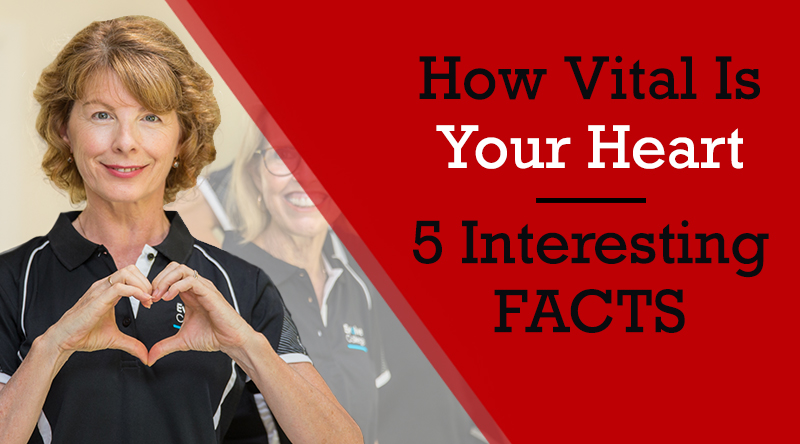
How Vital Is Your Heart – 5 Interesting Facts About Your Heart
01 Oct2019 Tagged as
Posted by Evolve College News
Your heart is the hardest working muscle in your body. Did you know, that your heart is part of the body's circulatory system? and that it is responsible for pumping blood through a network of vessels 60,000 miles long which supplies your body with oxygen, nutrients and removes harmful waste matter?
This week we take a look at 5 interesting and peculiar facts about our most essential and vital organ – the heart!
- Is the Heart a Muscle or an Organ? – In fact, it is both! It is considered a muscular organ, which is a group of tissues that work together to perform a specific function.
- The heart does not need a brain, or a body, to keep beating – The heart will keep beating as long as it has oxygen and it has its own electrical system, which causes it to function. Because of this, the heart can continue to beat for a short time after brain death, or after being removed from the body.
- The size of your heart is only about as big as your clenched fist – the smaller things in life really are the most precious!
- Brushing your teeth has an impact on your heart – there is some research suggesting that certain bacteria that causes gum disease may also raise your risk of heart disease. Even though research findings have been diverse, there’s no disadvantage to taking wholesome care of your teeth and gums.
- Myth buster – ‘Does my heart stop when I sneeze?’ – this is actually a myth! Your heart does not stop when you sneeze. In fact, when you sneeze your heart compensates for the increase in your intrathoracic pressure by changing its regular heart beat momentarily to adjust.
So, take great care of your ticker, and be sure to get regular blood tests and check-ups with your local GP.
